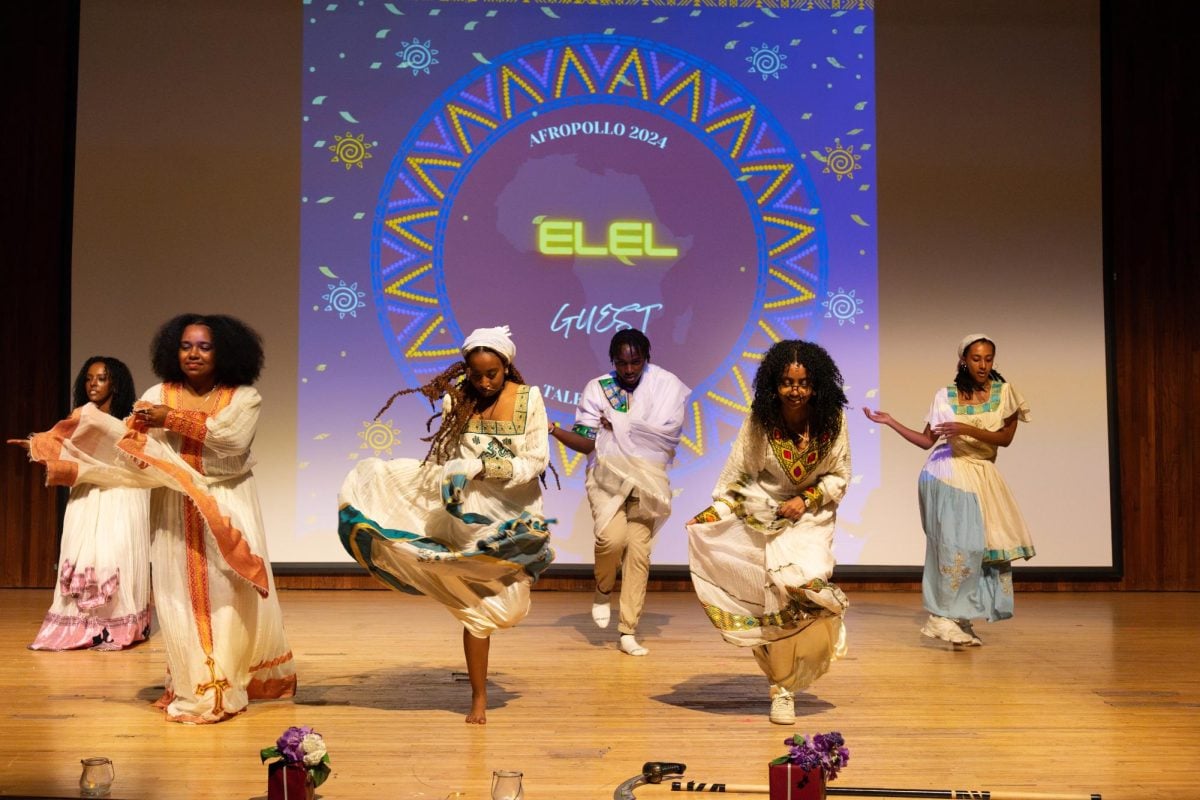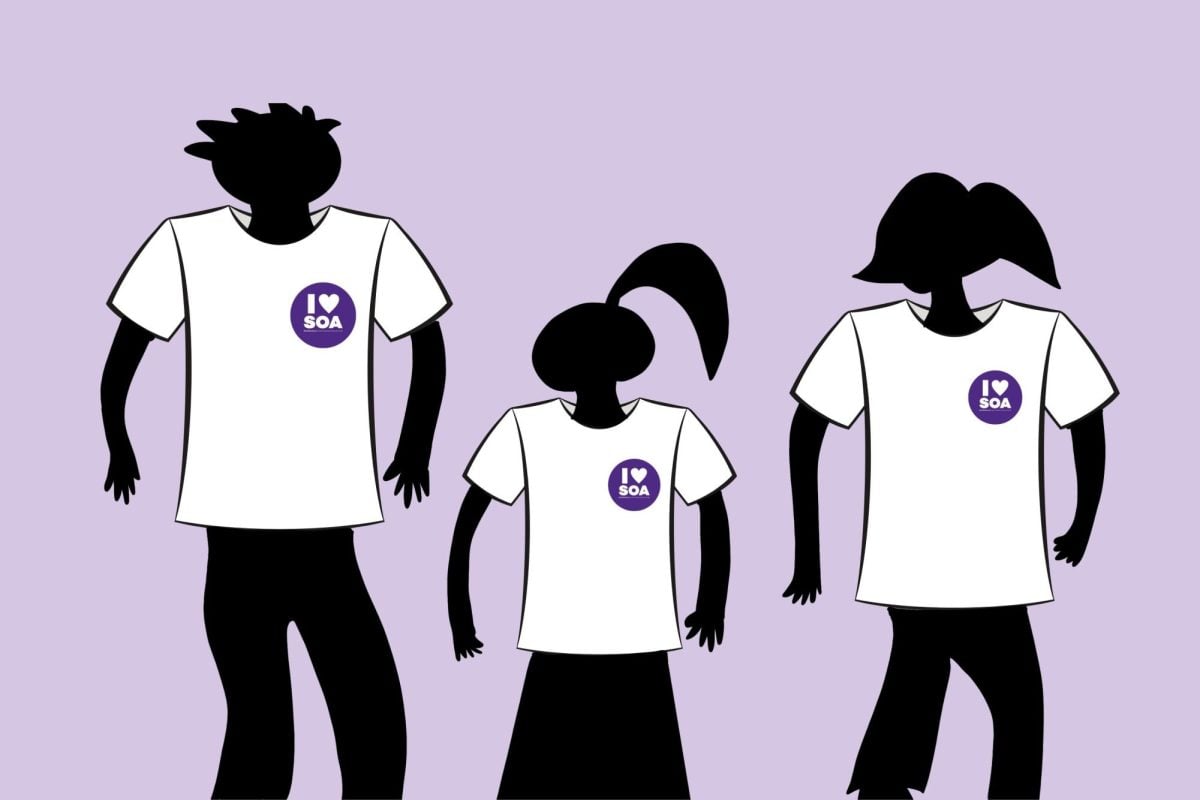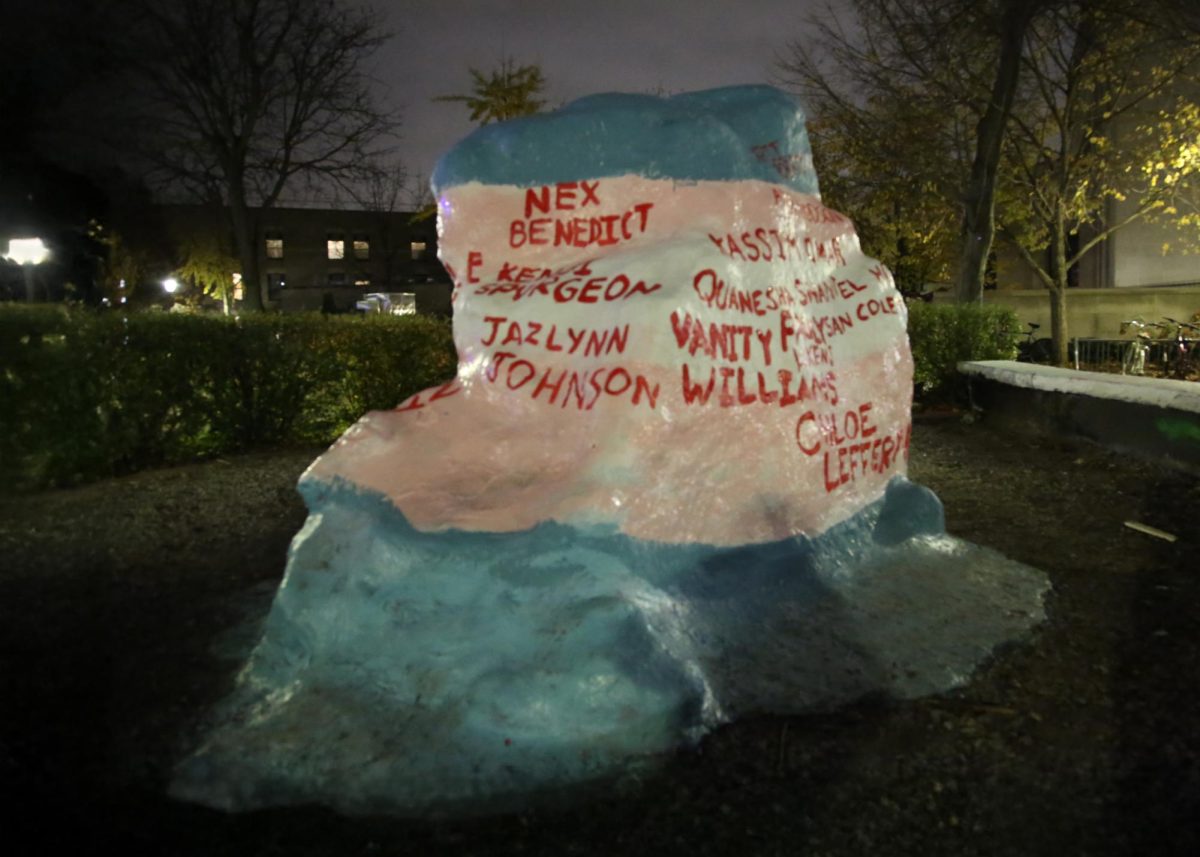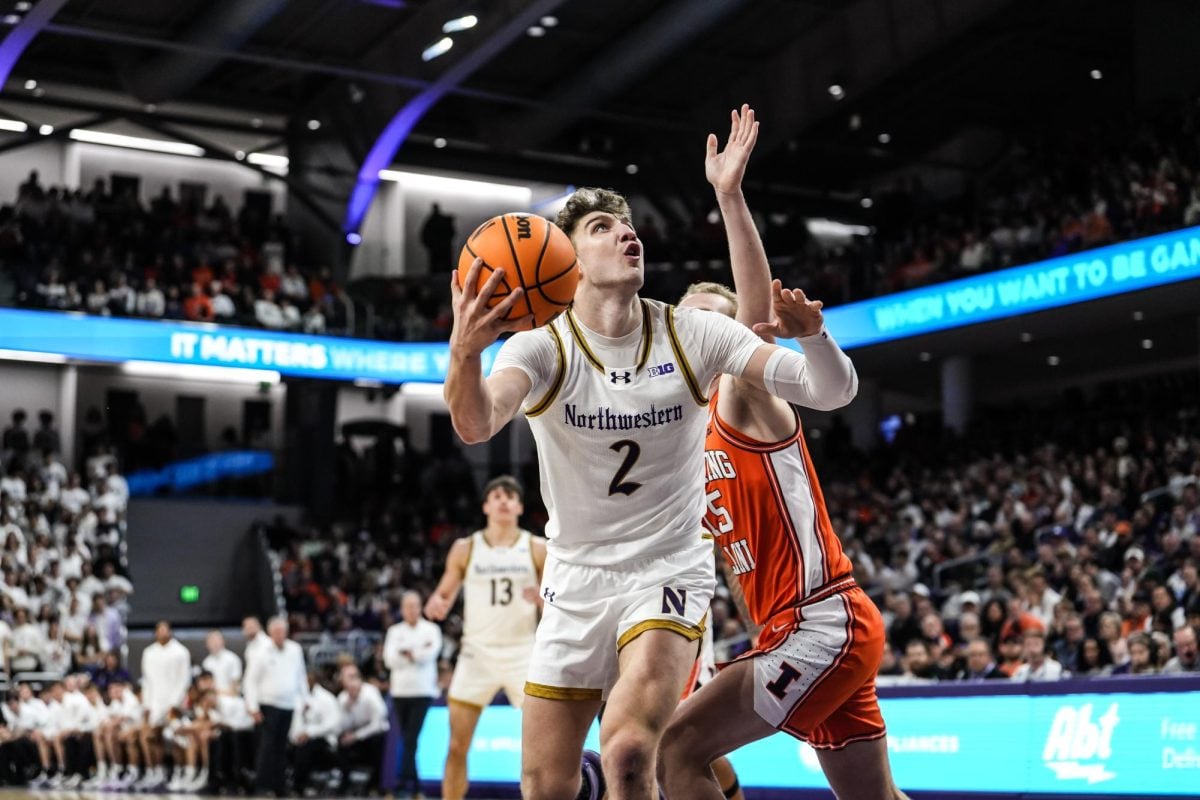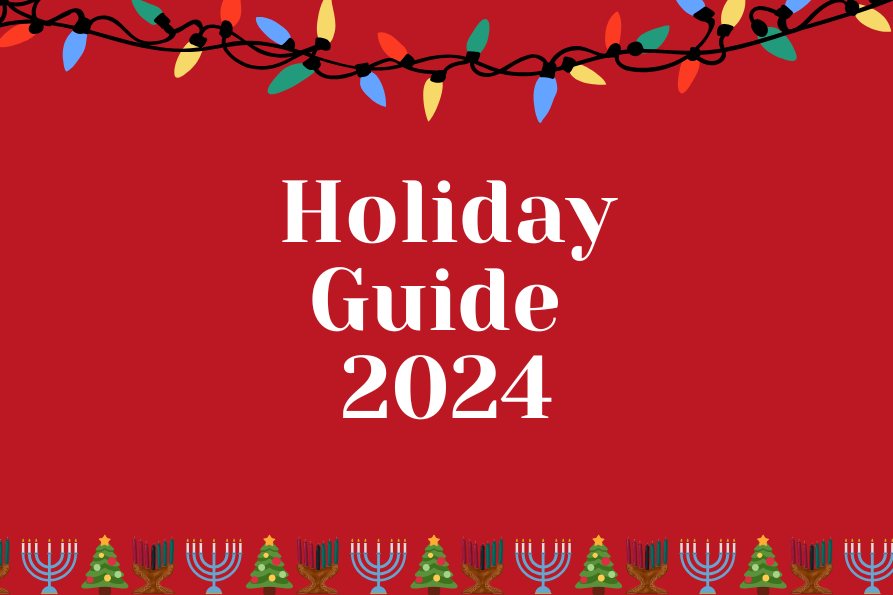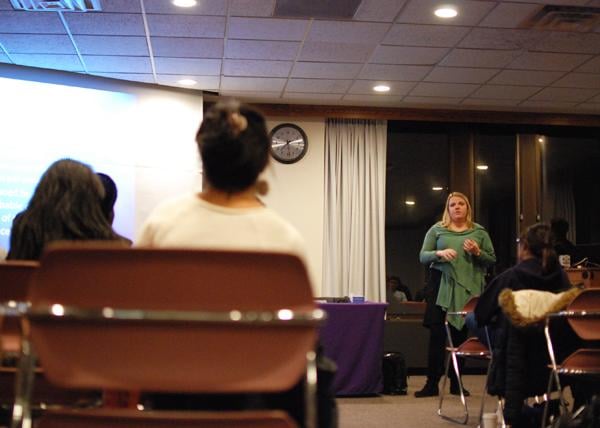
Michael Guerrero just wanted a McGriddle at 5 in the morning. But a quick trip down the street from his home to McDonald’s was put on hold when a Chicago police officer pulled him over and “yanked” him out of his car.
“Two hours before, shots were fired,” the SESP junior said. “Because of the color of my skin, I was mistaken for a gang banger.”
Guerrero said the officers never asked if he was a student. He said because he was in an old car with his male cousins in Humboldt Park at night, he was what “people would call suspicious.”
“I was hungry,” he said. “We didn’t mess up. We didn’t do anything wrong.”
Guerrero was among 30 Northwestern students who gathered at Norris University Center on Thursday night for “Know Your Rights,” a racial profiling workshop given by the Council of American-Islamic Relations and the First Defense Legal Aid. The Muslim-cultural Student Association and Omega Delta Phi Fraternity sponsored the event.
Like many students at the event, Guerrero said he has also experienced many cases of racial profiling at NU. Several students told stories of times they were questioned by University Police when walking on campus at night. Guerrero said police ask him for identification and his WildCARD when he is not behaving suspiciously, and he said he feels as if the officers view him as a threat to students.
“That happens to a lot of black and Latino males at Northwestern,” Guerrero said. “They are looked at as if they are going to commit violent crimes.”
ODPhi brother Anthony Iglesias helped organize the event and said both University and Evanston police stopped him in the past year. When EPD arrested the 13-year-old son of a black University professor this summer and sparked a racial profiling complaint, Iglesias said he needed to bring this information to the NU community.
“Law enforcement encounters have been something we have all dealt with in the past,” the Weinberg senior said. “We need to be empowered with this information and start empowering others.”
The two-hour workshop began with a presentation from attorneys from FDLA about how to interact with police officers and uphold your amendment rights on the street, in your car and in your home.
Emlyn Ricketts, an attorney at the nonprofit that aims to assist people in Chicago Police custody and educate about rights, reminded students to invoke their right to remain silent and call an attorney when in police custody. She said police use information given in these interviews “against you.”
“That can only hurt you,” she said.
Ricketts and her FDLA colleague Devin Viland also emphasized the importance of reporting police officers, even if such reports do not always have immediate results.
“It’s not something you get instant gratification from,” Viland said. “It’s being a good citizen.”
Following the FDLA’s remarks, Rabya Khan, a staff attorney at CAIR Chicago, spoke about how to interact with FBI agents. Following her remarks, the panel engaged with the students in a question-and-answer session, where students raised questions pertinent to their own experiences with racial profiling incidents.
Several Muslim students in the audience spoke about their experiences in airports, particularly with the TSA, and asked about the rights they had when it came to wearing head coverings. Khan advised them on how they could attain legal counsel or file reports about these kinds of incidents.
Following the workshop, many in attendance remarked that they found the information very pertinent and useful in light of the racial profiling incidents that have occurred. Guerrero said he acted aggressively when he was pulled over, and he wished he had known to remain silent and not consent to a search.
“It has happened to me,” Guerrero said. “It’s still happening. It’s good to be talking about it.”







